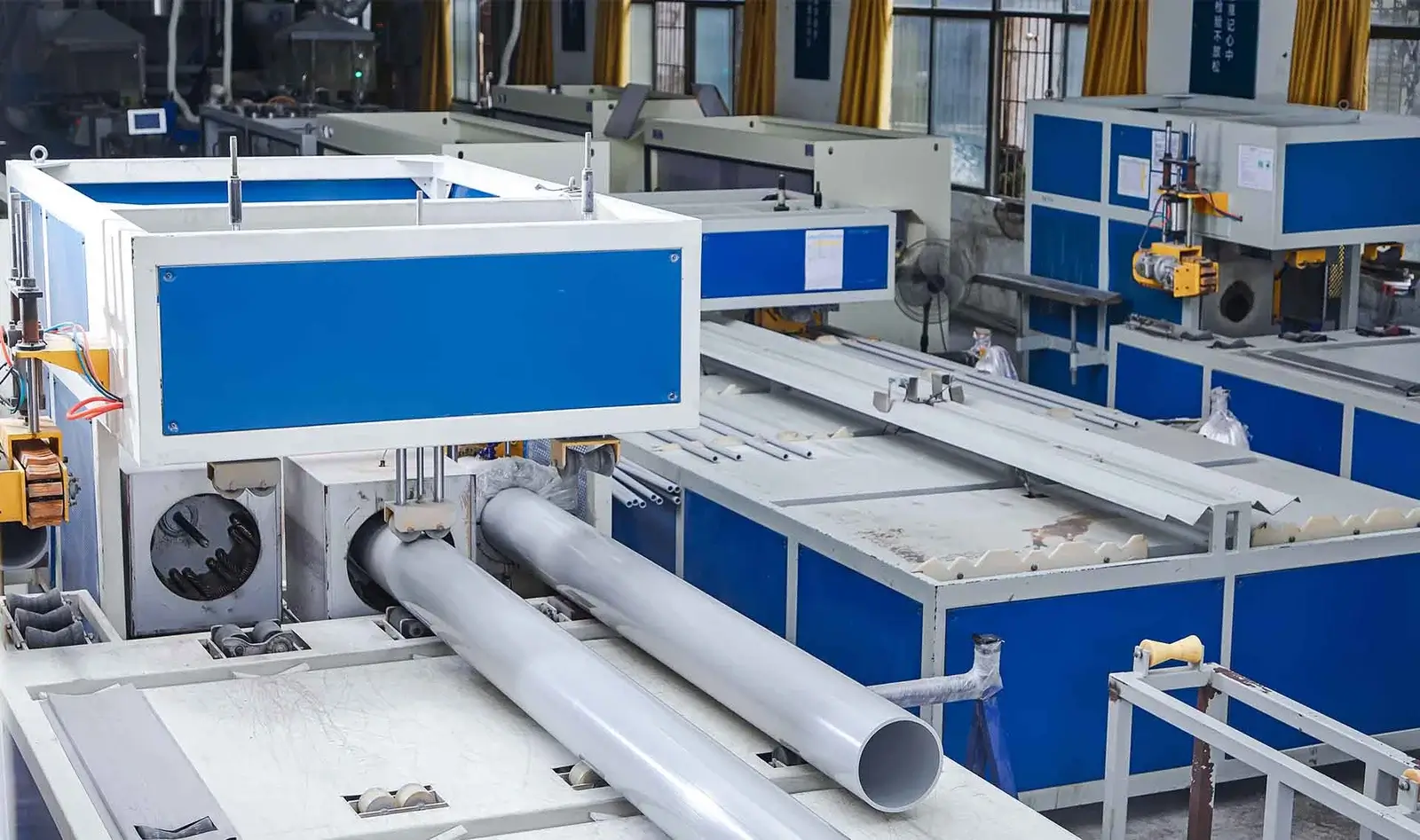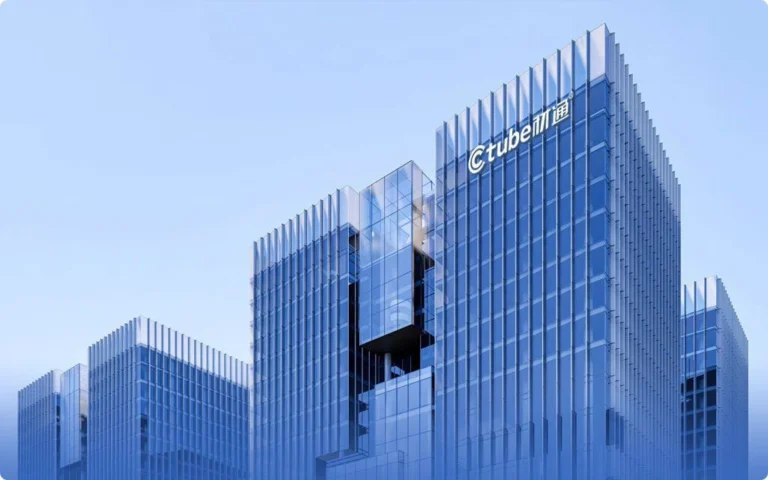How PVC Conduit Pipes are MadePVC conduit pipes are an essential component in many electrical systems, providing a protective layer for wires and cables. Understanding how PVC conduit pipes are made is important for PVC conduit manufacturers to ensure quality control, efficiency, and sustainability in their production processes. In this article, we will provide a comprehensive guide to the production process of PVC conduit pipes, including the raw materials used, the production process, the types of PVC conduit pipes available, and environmental considerations.
Raw Materials
The raw materials used in PVC conduit pipe production include PVC resin, plasticizers, and stabilizers. PVC resin is made by polymerizing vinyl chloride monomer. It is then combined with plasticizers, which make the PVC flexible and easier to handle. Stabilizers are added to improve the durability and longevity of the PVC conduit pipes.
PVC Conduit Pipe Production Process
The production of PVC conduit pipes involves an extrusion process.
First, the raw materials are mixed in the right proportions and fed into a heated chamber. The mixture is heated to create molten PVC, which is then extruded through a die to form the desired shape and size of the conduit pipe. The extruded PVC conduit pipes are then cooled and cut to the desired length.
Quality control is an essential part of the production process. Manufacturers use various methods to ensure that the PVC conduit pipes meet the required standards, including testing the PVC resin, checking the extrusion process, and testing the finished product.
Types of PVC Conduit Pipes
There are different types of PVC conduit pipes available, including rigid and flexible PVC conduit pipes. Rigid PVC conduit pipes are suitable for above-ground and underground applications and provide excellent protection against impact and UV exposure. Flexible PVC conduit pipes are more suitable for applications that require bending and flexibility, such as in tight spaces or around corners.
Environmental Considerations
The production of PVC conduit pipes has an environmental impact due to the use of raw materials and energy. However, manufacturers are making efforts to reduce this impact by using sustainable materials, improving production processes, and recycling PVC conduit pipes. PVC conduit pipe manufacturers can also earn certifications for sustainability and environmental stewardship, such as the Leadership in Energy and Environmental Design (LEED) certification.
In conclusion, understanding how PVC conduit pipes are made is crucial for PVC conduit manufacturers and electrical conduit manufacturers. By understanding the raw materials, production process, types of PVC conduit pipes, and environmental considerations, manufacturers can ensure that they produce high-quality PVC conduit pipes that meet industry standards while minimizing their environmental impact.
At Ctube, we are a leading PVC conduit manufacturer, offering high-quality electrical PVC conduit that meets industry standards and is backed by our expert team. Contact us today to learn more about how we can help with your next electrical installation project.










